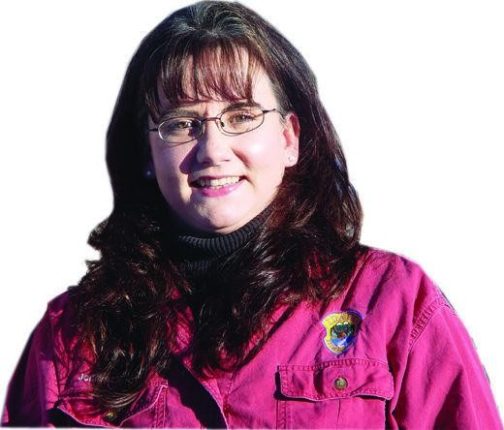If you have never “dunked a worm” or “wet a fly”, you don’t know what you are missing! And, here is your chance to find out. Saturday is Free Fishing Day in Idaho, which means anyone can fish without a license on any of Idaho’s waters open to fishing.
To help celebrate the day, there will be several Free Fishing Day events around Southeast Idaho. Even if you or your kids do not know how to fish, there will be plenty of helpful hands at the various events to assist with fishing basics, from baiting a hook to reeling in a catch. Poles, bait and other gear will be available for use for free at the events while supplies last.
Bannock Reservoir in Pocatello
Join us at Bannock Reservoir at the Portneuf Wellness Complex from 9 a.m. to 1 p.m. for lots of fishing fun. This event is open to anglers of all ages, and there will be free raffles for wonderful prizes. This event is also part of the Idaho State Journal’s Family Fun Day, which runs from 11 a.m. to 3 p.m. at the complex.
The Portneuf Wellness Complex is located on Olympus Drive, north of the old Bannock County Fairgrounds. Please note that there is a two-fish limit at this pond, but the fun is limitless!
Edson Fichter Pond in Pocatello
This event is being hosted by South East Idaho Fly Fishers and Pocatello’s own Snake River Fly. This event is open to anglers of all ages and runs from 11 a.m. to 3 p.m. Those attending the event can sign up for free raffles for wonderful prizes and grab a free lunch. Folks will be on hand to teach fly fishing basics. Fly fishing equipment will be available for use on a first-come, first-served basis. For more information about this particular event, contact Dave Raisch at 208-406-4593.
The Edson Fichter Nature Area is behind Indian Hills Elementary School at 666 Cheyenne Ave. in south Pocatello. Please note that there is a two-fish limit at this pond.
Kelly Park Pond (upper pond) in Soda Springs
This event is being jointly hosted by Idaho Fish and Game and the city of Soda Springs. The event runs from 9 a.m. to 1 p.m. A free hot dog lunch will be provided, complete with cookies and lemonade. Rounding out the fun, there will be a free raffle for various prizes, including a prize for the biggest fish!
The event is open to anglers aged 13 and younger, and all kids under the age of 8 must be accompanied by an adult. There is also a three-fish limit.
Kelly Park is at 325 N. Kelly Park Road. Access to the upper pond is via a quarter-mile hiking trail beginning at the Kelly Park parking lot.
Fish Hatchery in Grace
This event is hosted by Fish and Game and runs from 9 a.m. to 1 p,m. Anglers aged 14 and younger are welcome to participate. All kids under the age of 8 must be accompanied by an adult. Young anglers can keep up to two fish each. The settling ponds at this hatchery hold some big fish and should provide some exciting fishing. There will also be a free drawing for raffle prizes.
Grace Fish Hatchery is at 390 Fish Hatchery Road.
***
For more information about fishing opportunities in the region or the upcoming Free Fishing Day events, contact the Fish and Game office in Pocatello at 208-232-4703 or visit idfg.idaho.gov.
Remember, you don’t have to enjoy a specific event to get the benefits of Free Fishing Day! Just get outside and enjoy a day of fishing on Saturday without the need of a license! All other fishing rules apply, so make sure to check the fishing regulations before you head off to “reel in” some fun.

